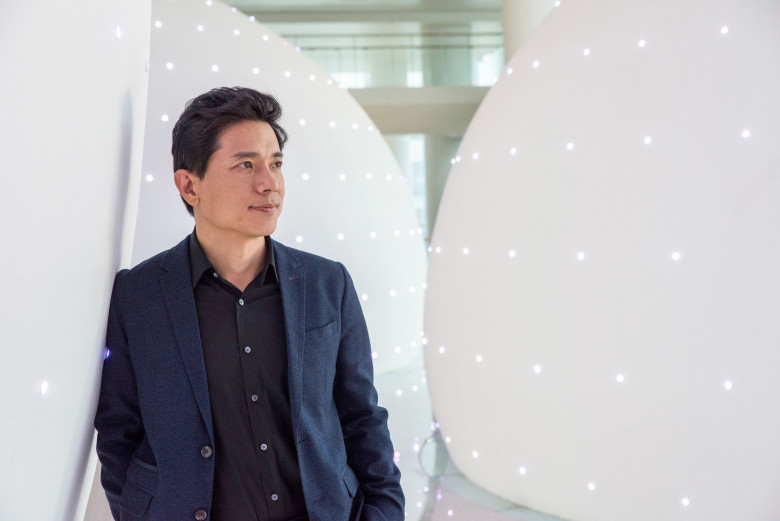Inside Baidu’s Bid to Lead the AI Revolution

Presumably, Robin Li wanted attention last summer when he decided to launch Baidu’s bid for the future of self-driving cars from the front seat of a car that was driving itself. He wanted to draw attention to Apollo, the company’s new set of artificial intelligence-driven tools, which Li hopes will come to power vehicles everywhere. Having launched China’s dominant search engine, Li is a celebrity in his home country. But even Li didn’t anticipate the amount of attention he would get. Automated motoring is still very much forbidden in China, and Li was livestreaming a video that showed him breaking the law. That’s how he became the subject of his own viral video. “I didn’t realize it would catch a lot of attention because it’s not really allowed to have a self-driving car,” he says now.
He can laugh about this now, three months after the fact, as we review the experience from top floor of Baidu’s old headquarters, a seven-floor building in Beijing’s Haidian District. A newer, larger building, complete with a two-story slide in the lobby and a conference room shaped like a bear claw, is just a 15-minute drive away—neighbors, by Beijing standards. In both, employee identification badges have been replaced by facial recognition technology. Order a green tea from the vending machine, and you can pay for it by looking at a camera. These futuristic campuses offer a glimpse at the scope of the computing power the company has amassed.









































































